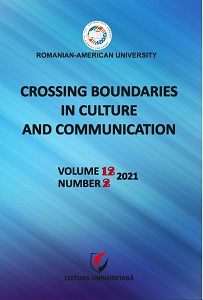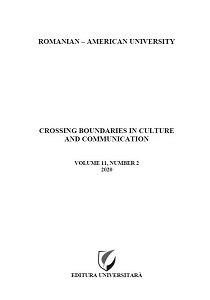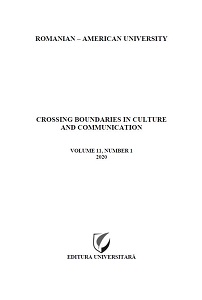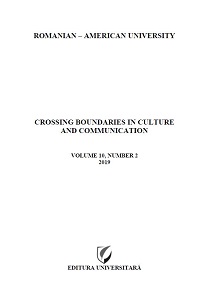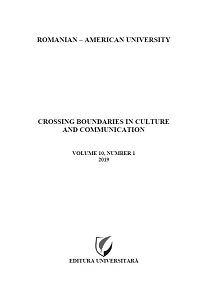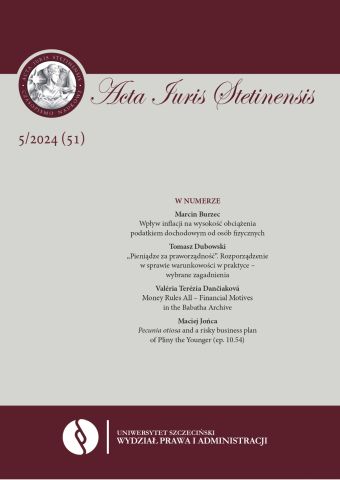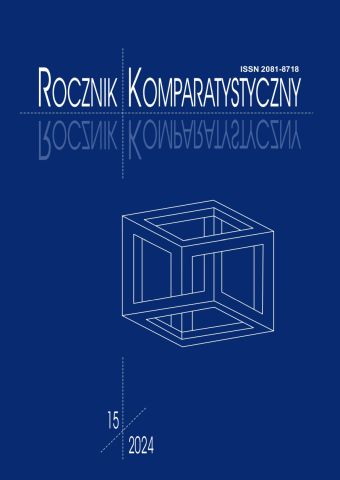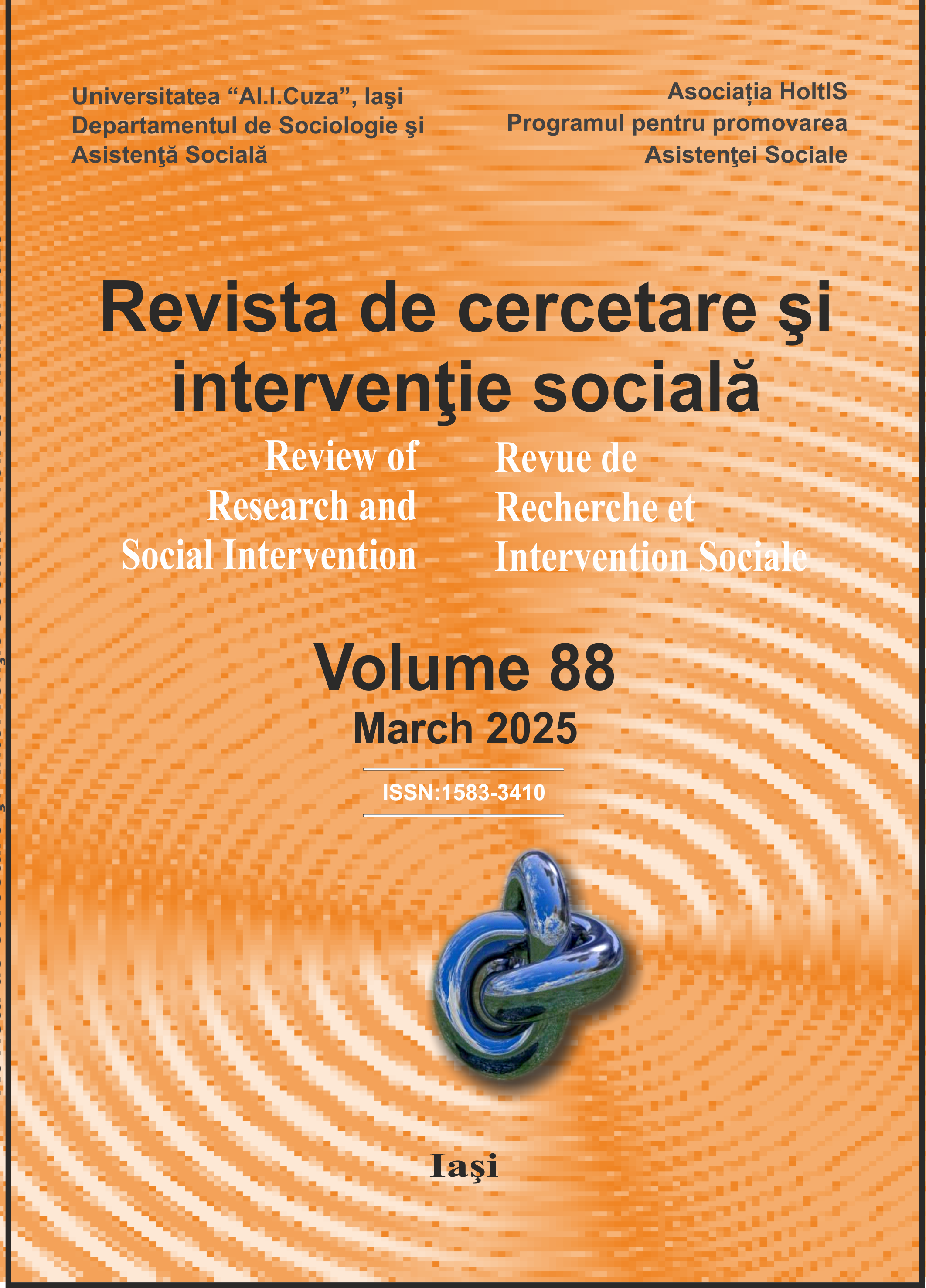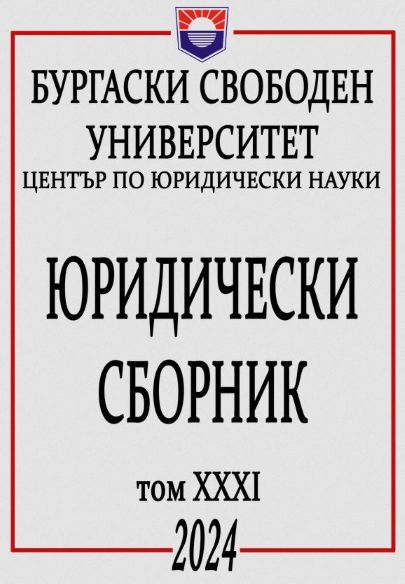Author(s): William Shu William Shu Neba,Peter N. Shillie,Ernestine Leikeki Sevidzem,Pius Tangwe Tanga / Language(s): English
Issue: 5/2024
Beekeepers in Mayo Darle consider beekeeping to diversify their income sources. Nonetheless, this agricultural sub-sector is confronted with so many challenges ranging from limited knowledge and skills in production, pests and diseases, the dominance of informal sales channels, and poor-quality products are key challenges in production and marketing that affect the livelihoods of beekeepers. The main objective of this study was to explore the impact of beekeeping on people's livelihoods in the Mayo Darle Sub-Division of Cameroon. Specifically, the goal was to analyzed the financial benefits of beekeeping alongside its impact on the human, natural, social, and physical capital of beekeepers in Mayo Darle. The explanatory-sequential method was employed. Fundamental information was collected using a structured questionnaire and comprehensive interviews. A total of 175 surveys were conducted using stratified simple random sampling. The information was supplemented by secondary sources from both published and unpublished resources. Both descriptive and inferential statistics were utilized. The research results regarding the effects of beekeeping on livelihoods indicated an increase in financial, human, natural, social, and physical capital. The results from Spearman's Product Moment Correlation indicate a notable positive association between the number of bee hives owned by a farmer and the age of a farmer (r(n= 175) = 0.25, p = 0.001), the number of bee hives held by a farmer and the household size (r(n= 175) = 0.308, p = 0.000), as well as the number of bee hives held by a farmer and monthly income (r(n= 175) = 0.248, p = 0.001). The empirical research findings show that beekeeping has beneficial effects on the lives of beekeepers and should therefore be encouraged as a livelihood option in the Mayo Darle Subdivision. Essentially, the results of this research will offer valuable knowledge regarding the impact of beekeeping on livelihoods in Mayo Darle Sub-Division for groups advocating beekeeping and environmental conservation, beekeepers, and other farmers, and will guide policy to enhance management of these impacts, leading to better beekeeping methods.
More...
